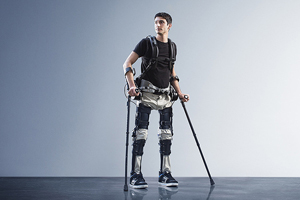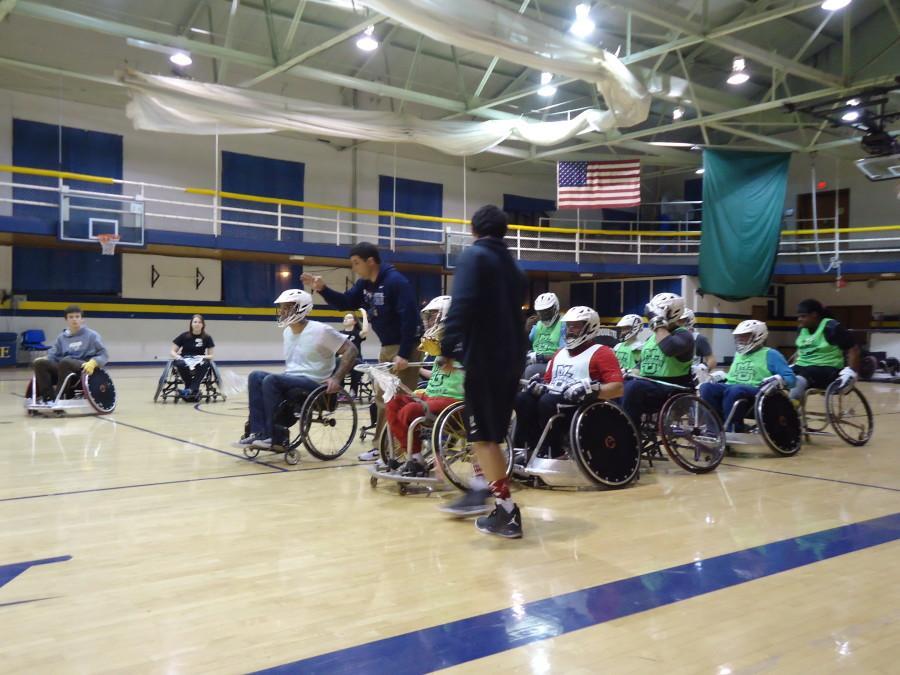An ongoing physical therapy study at Marquette is looking to identify the impact of age on exercise-induced pain relief and possible mechanisms involved with this response.
The study is being led by Marie Hoeger Bement, an associate professor in the department of physical therapy and is part of Ph.D. student Kathy Lemley’s dissertation.
“Pain will be measured before and after fatiguing exercise in young and older (65 years and above) participants to assess any changes in pain that occur with exercise,” Bement said in an email.
Bement said that the mechanism they are planning to study is called the conditioned pain modulation, the idea that when one pain is introduced over another, the first pain will dull in comparison.
“Conditioned pain modulation is an indirect measure of our body’s ability to turn off pain via descending inhibitory pathways,” Bement said.
To measure the response, researchers will have to administer two painful stimuli at the same time. By doing this, they are hoping to show that after administering the second painful stimuli, the pain from the first stimuli will decrease, Bement said.
“Understanding the mechanisms by which exercise alters pain perception will provide new insight into the prescription of therapeutic exercise for pain management, particularly in older adults, thereby improving the quality of life across the lifespan,” Bement said.
Bement said that it is essential to identify pain management techniques as there has been an increased number of reports dealing with pain as patients get older or suffer from the side effects of traditional medication.
“The findings of this study will not only advance our knowledge of exercise and pain, but will lay the foundation for future research on the role of exercise in the management of a variety of acute and chronic clinical pain conditions,” Bement said.
Lemley, an associate professor of anatomy in the physical therapy and occupational therapy departments at Concordia University in Wisconsin, has been a physical therapist for more than 25 years and is very interested in seeing how the body reacts to exercise.
“I’m hoping it’ll give us an understanding of how asymmetric exercise can help benefit people, and I’m hoping to see what kind of changes take place with aging,” Lemley said. “That will lead to future studies, which will help to determine what is going on with age versus pain.”
Lemley said that as a physical therapist, she is naturally interested in exercise. Above all else, though, she is interested on seeing the effects of aging on how the body responds to pain.
“It just seemed like a natural fit to look at aging and how the body will react to pain,” Lemley said.
Lemley’s ultimate goal is to be able to test her study in clinical patients.
“We all know about the healthy 20-year-old,” Lemley said. “What happens to that 20-year-old who is not as healthy, who is born with rheumatoid arthritis?”
Those interested in participating in the study should contact Bement at [email protected].






